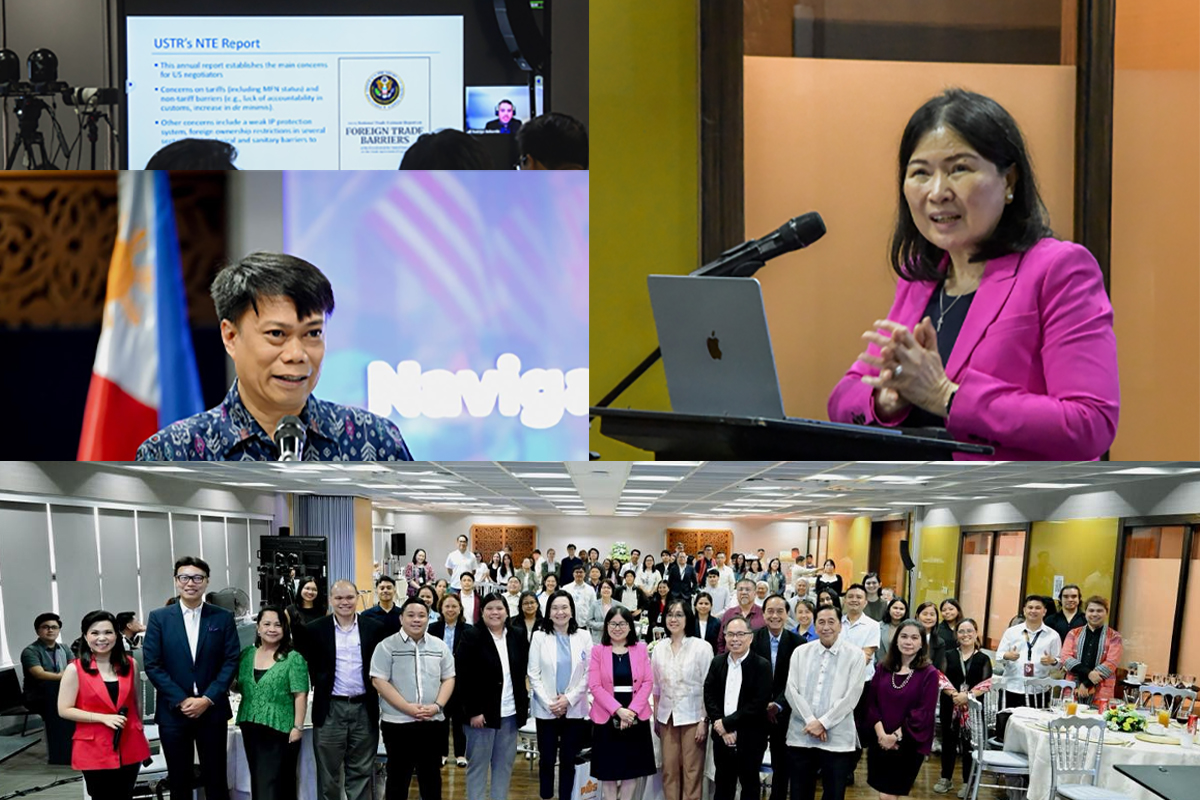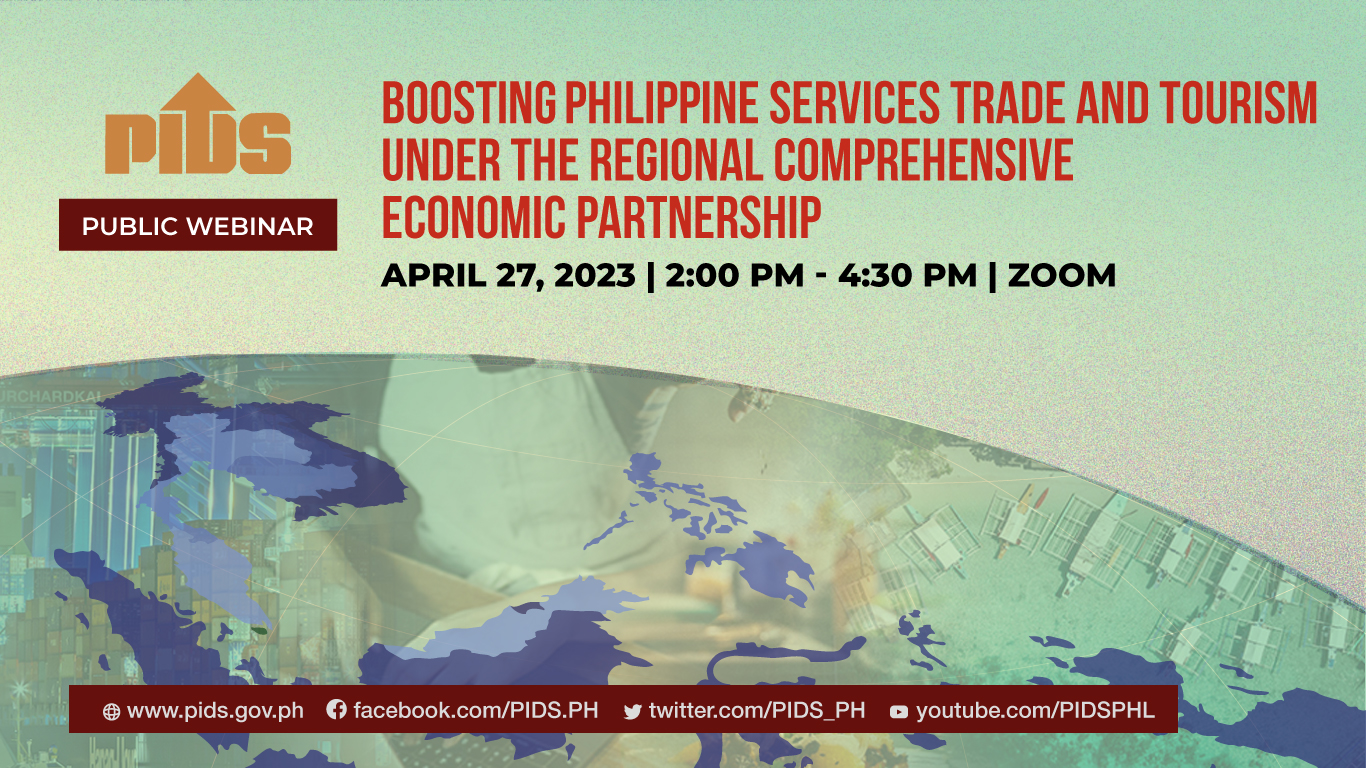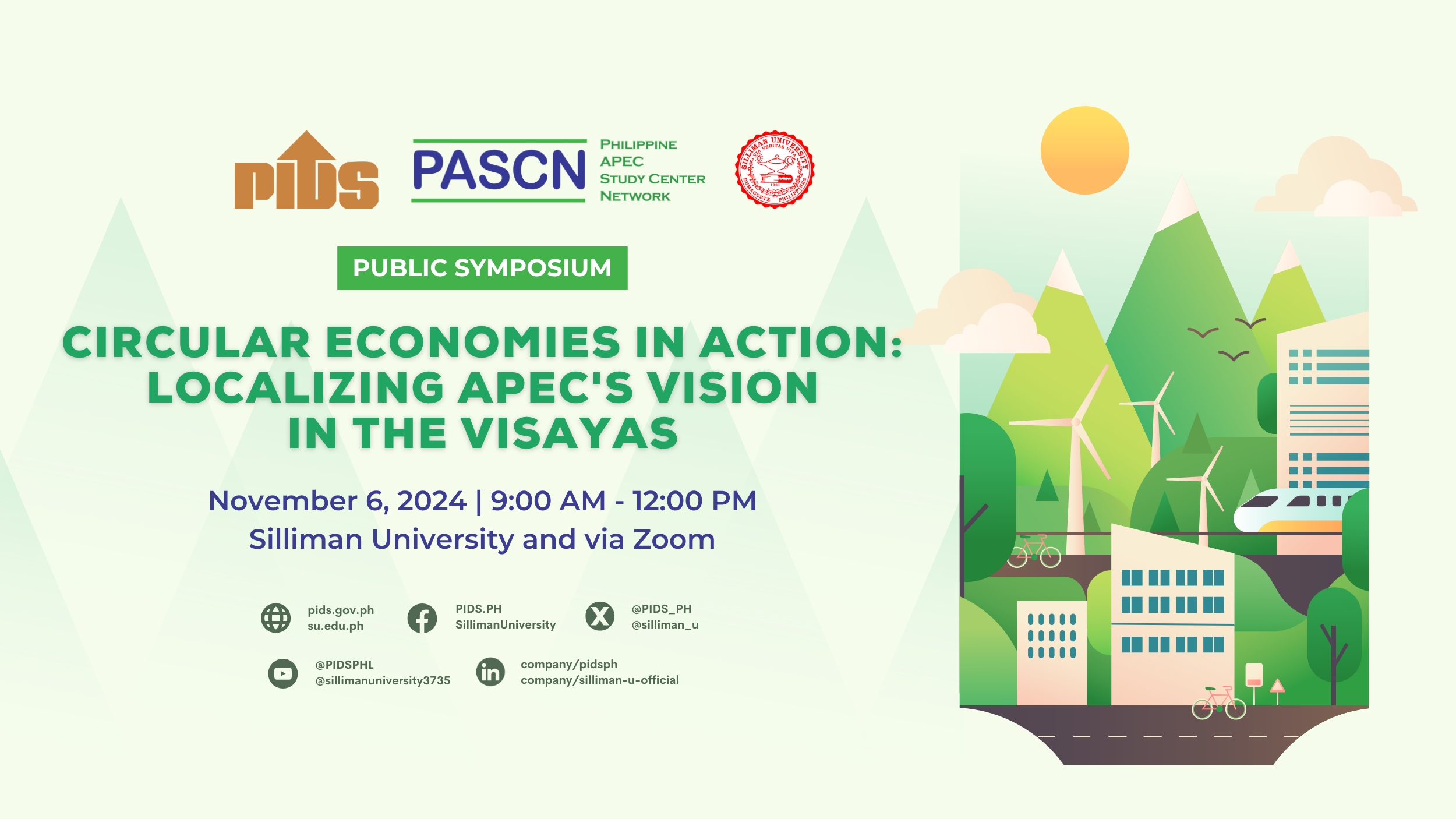TRADE shocks pose a greater threat to the economy than supply shocks and will require coordinated action to address, a senior Bangko Sentral ng Pilipinas (BSP) official said on Monday.
"Unlike your usual supply shocks, which tend to be transitory, trade shocks have deeper, more persistent effects," BSP Deputy Governor Zeno Abenoja said, reiterating statements made by central bank Governor Eli Remolona Jr. during the recent IMF-World Bank Spring Meetings in Washington.
"In particular, trade shocks affect the capital stock of developing economies. Left unchecked, they can slow growth trajectories and erode decades of hard-won progress," he added.
Abenoja and Remolona's statements follow trade disruptions caused by US President Donald Trump, who has unilaterally imposed tariffs on trading partners in a bid to address perceived imbalances.
The Philippines, in particular, has been hit with a 17-percent "reciprocal" tariff — currently on hold until July to allow negotiations to take place — but a 10-percent base duty has already taken effect.
While monetary policy can be used to address supply shocks that could lead to higher inflation, Abenoja said that this would not be enough to shield the economy from trade disruptions.
A "broader, coordinated strategy would indeed help," he said.
Abenoja also said that lower domestic inflation — the rate markedly slowed to 1.4 percent last month, below the BSP's 2.0- to 4.0-percent target — "gives us extra degrees of freedom to ease monetary policy which in turn can support growth."
"The BSP stands ready to do what is necessary to keep inflation steady and maintain the country's macroeconomic stability," he added.
Philippine Institute for Development Studies Research Fellow Rafaelita Aldaba, meanwhile, said that Trump's tariffs could be a strategic opportunity for smaller economies like the Philippines.
This, however, requires moving quickly to "offer reliable infrastructure, skilled labor, and industrial policy that would position the Philippines as a trusted tariff-resilient production hub," she added.
"And to avoid marginalization, the Philippines must pursue exports diversification beyond the US and China."
She noted the need to align trade and industrial policies to move up the global value chain, strengthen trade defense tools such as anti-dumping measures and safeguards, and deepen Asean cooperation to manage risks.
Asean last week convened a geoeconomics task force that will study the impact of Trump's tariffs and help the bloc respond strategically.












